“ …???… ”
-Dalai Lama
It might have been the most profound experience of my life.
But it wasn’t.
I could have been inspired to change my life, to view the universe from a different perspective, to grow, or heal or both!
But I wasn’t.
In fact going to see the Dalai Lama speak yesterday at the UIC Pavilion here in Chicago was a grave disappointment.
No, it’s not due to the things he said, as I’m sure they were profound and probably facilitated all the marvelous things for others I would have welcomed for myself.
It is due to the simple fact that I could not understand a thing he said. Literally.
I sat for two hours straining, squinting, sighing, and looking around the room for a sympathetic eye. Nada.

Seems like the old pavilion had a sound system problem and the speaker in my section not only offered faint wisps of the Tibetan spiritual master’s message, those wisps were garbled like the sounds coming out of my first clock radio in 1976. Ever listen to Wings from a clock radio?
I was instantly relieved to find a growing number of similarly frustrated spiritual seekers in the lobby, displaying their credit card receipts and noting that any similar event where the fans couldn’t hear the band would have led to a riot. I suppose angrily waving one’s ticket in the face of a woman selling mandala T-shirts is better than a riot.
It’s funny, really.
The notion of seeking out someone else in order to enlighten us is as old as humanity. We have sought after seers and prophets, gurus and rabbis, shamans, teachers and talkers throughout our time on this rock, always hoping they will offer us the nugget, the kibble, we need in order to propel us to the next level of our spiritual unfolding.
I am certainly no different. I have spent more than twenty years seeking, traveling, paying and prostrating in the hope that a teacher will inspire me to understand yet another shadowed sector of my consciousness.
The silliest thing about it is that I learned long ago that I could not rely on any one else for spiritual sustenance. If I am to learn, grow and transform my consciousness I must not only find the right rock in the desert, I must find the right holy staff and then hit it just right…
Sure, it’s great to get support from others, especially those whom I admire and who have apparently passed a similar marker on their own journey of transformation. I suppose I still hang out with the guru/shaman/teacher folks because it is the reminder and reassurance that I, too, am on “the Path” that I appreciate while in their presence. 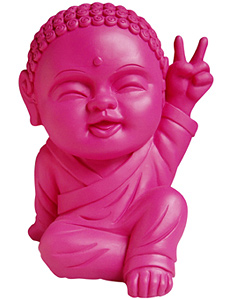
And yet, at this point on my journey, the things they say are typically things I have heard others say in the past. The words are words I, too, have read, written or translated. I suppose, in a lot of ways, there is little different in the messages of most spiritual teachers and religious leaders I have encountered.
Once you turn the sound down, all you see is a sweet, friendly person in robes chuckling to themselves. It’s all a great reminder for me that when it comes down to it, if I turn the sound down on myself, what am I really saying? What’s the message of my actions, movements or expressions? Who am I being on the most basic level?
Maybe I won’t ask for my money back after all.



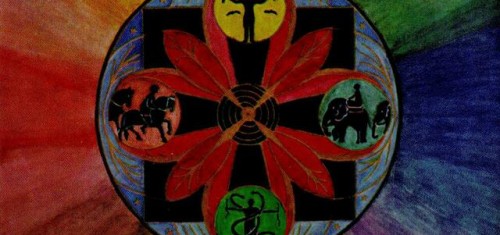
 I suppose it would be awkward to refer to it as the Days of the Vernal Equinox, although Vernox would be fun and sort of appropriate in a Dr. Seuss sort of way. The Lorax is definitely a springtime fable in my book, all about the environment and how we relate to the world around us. We even have a tendency to refer to the beginning of better things to come as “springs,” like the Prague or Egyptian Spring, although Libya might have to wait until Summer.
I suppose it would be awkward to refer to it as the Days of the Vernal Equinox, although Vernox would be fun and sort of appropriate in a Dr. Seuss sort of way. The Lorax is definitely a springtime fable in my book, all about the environment and how we relate to the world around us. We even have a tendency to refer to the beginning of better things to come as “springs,” like the Prague or Egyptian Spring, although Libya might have to wait until Summer.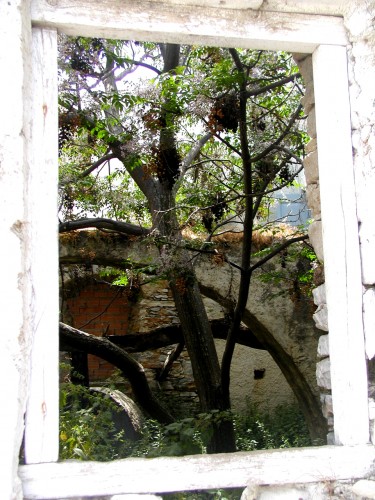 And yet, it’s all really about composting, isn’t it? As a relationship focused fella, I don’t need to travel far to make the connection between past relationships and the composting required to sprout new strengths, abilities and insights for emerging relationships. Indeed, without allowing old incarnations of relationship to decompose we run the risk of spreading hopeful new seed onto the same old, tired, stuck soil.
And yet, it’s all really about composting, isn’t it? As a relationship focused fella, I don’t need to travel far to make the connection between past relationships and the composting required to sprout new strengths, abilities and insights for emerging relationships. Indeed, without allowing old incarnations of relationship to decompose we run the risk of spreading hopeful new seed onto the same old, tired, stuck soil. 
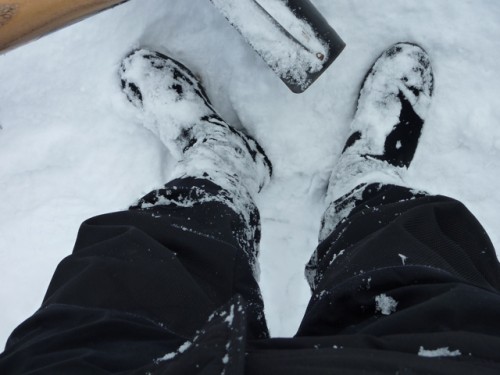


 Put down the dream dictionaries. You’ve probably come across dream dictionaries that feature specific meanings for objects. As Sumber notes, while there may be some universal meaning for these symbols, the key is to figure out what the dream means to you.
Put down the dream dictionaries. You’ve probably come across dream dictionaries that feature specific meanings for objects. As Sumber notes, while there may be some universal meaning for these symbols, the key is to figure out what the dream means to you.





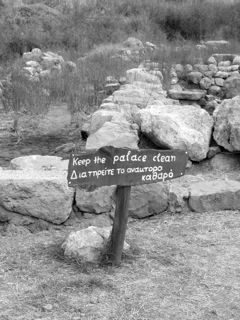


 Jeffrey Sumber is changing the world, one relationship at a time. For over two decades, Jeffrey has worked to understand the human experience from as many angles as possible. As a successful psychotherapist, marriage counselor, and life coach, Jeffrey has worked with thousands of clients who strive to live their best lives.
Jeffrey Sumber is changing the world, one relationship at a time. For over two decades, Jeffrey has worked to understand the human experience from as many angles as possible. As a successful psychotherapist, marriage counselor, and life coach, Jeffrey has worked with thousands of clients who strive to live their best lives.